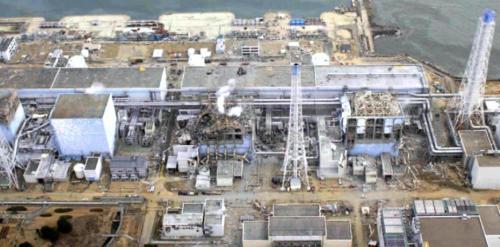
Following the disaster at the Fukushima Dai-Ichi nuclear plant in Japan, we began studying what lessons the US should learn from the event and developing a set of recommendations that would increase the safety and security of U.S. nuclear plants.
Today we released US.Nuclear Power After Fukushima: Common-Sense Recommendations for Safety and Security, which details our 23 recommendations for steps the Nuclear Regulatory Commission (NRC) should take. Many of the recommendations address problems that have been evident for decades, while others address problems brought to light during the Japanese crisis.
The top 8 recommendations, discussed in detail on our website are:
- The NRC should extend the scope of regulations to include the prevention and mitigation of severe accidents.
- The NRC should modify emergency planning requirements to ensure that everyone at significant risk from a severe accident—not just the people within the arbitrary 10-mile planning zone—is protected.
- The NRC should require plant owners to move spent fuel at reactor sites from storage pools to dry casks when it has cooled enough to do so.
- The NRC should enforce its fire protection regulations and compel the owners of more than three dozen reactors to comply with regulations they currently violate.
- The NRC should establish timeliness goals for resolving safety issues while continuing to meet its timeliness goals for business-related requests from reactor owners.
- The NRC should revise its assumptions about terrorists’ capabilities to ensure nuclear plants are adequately protected against credible threats, and these assumptions should be reviewed by U.S. intelligence agencies.
- The NRC should require new reactor designs to be safer than existing reactors.
- The NRC should increase the value it assigns to a human life in its cost-benefit analyses so the value is consistent with other government agencies.
In the wake of Fukushima, the NRC set up a 90-day task force to review insights from the accident; that task force released its recommendations today. UCS will post an analysis of those recommendations as soon as we have digested them.
